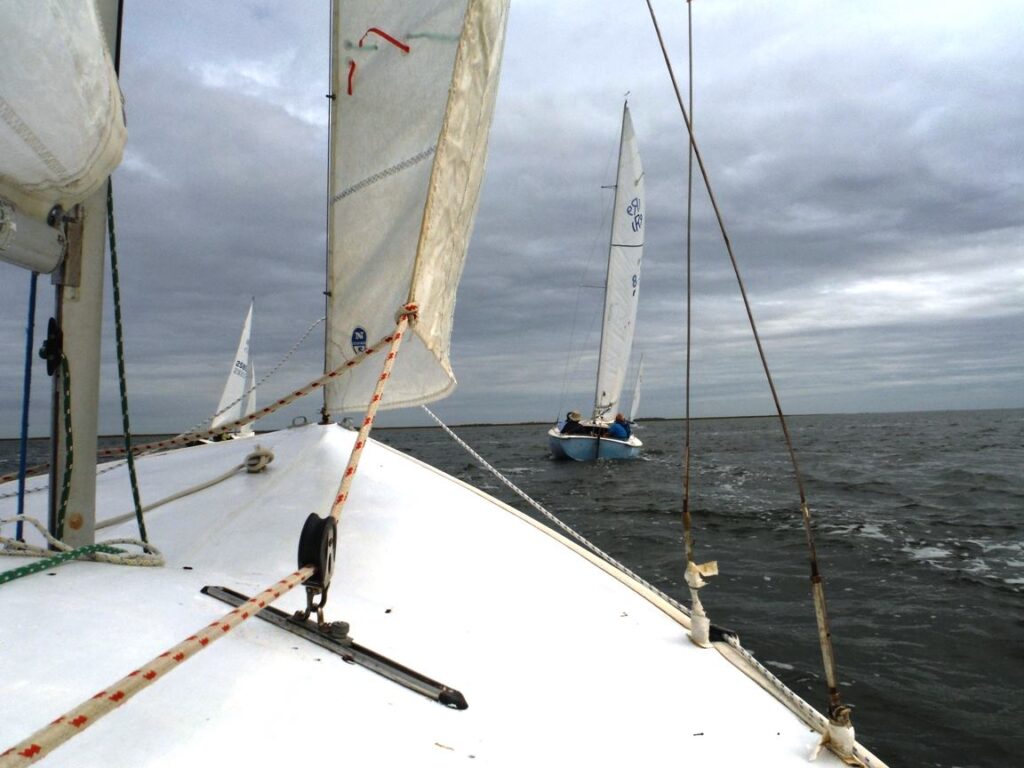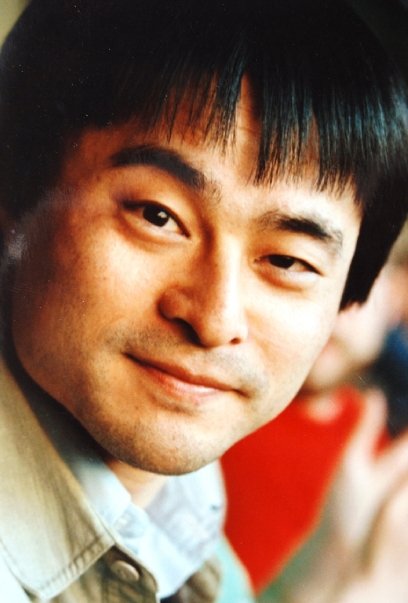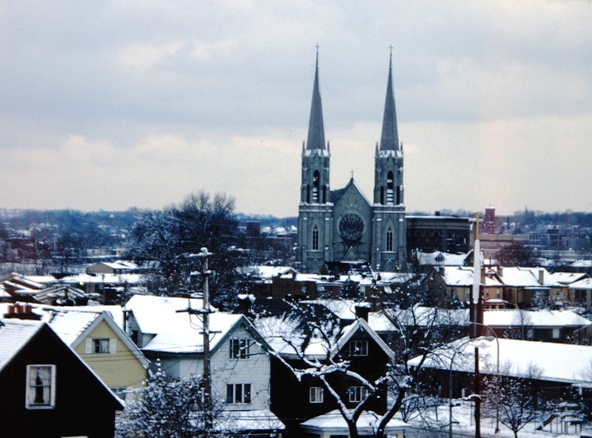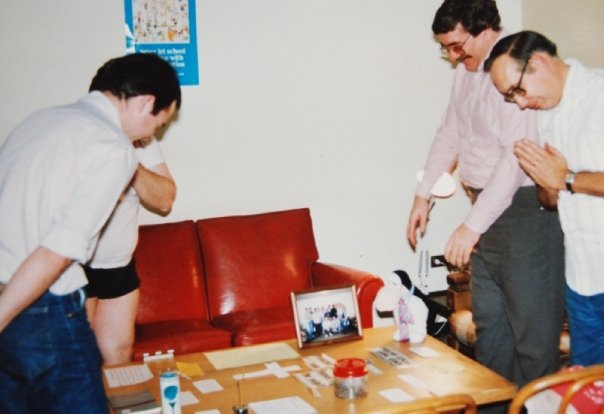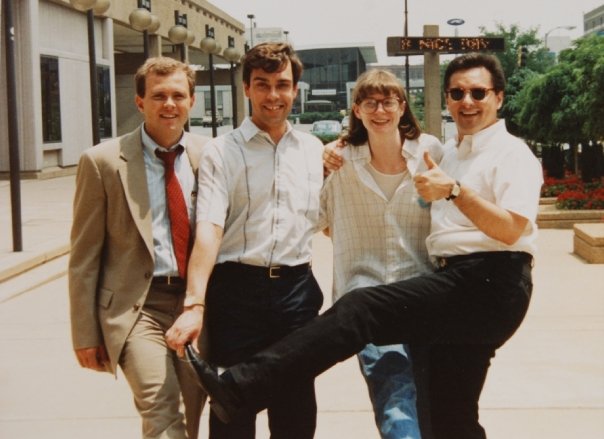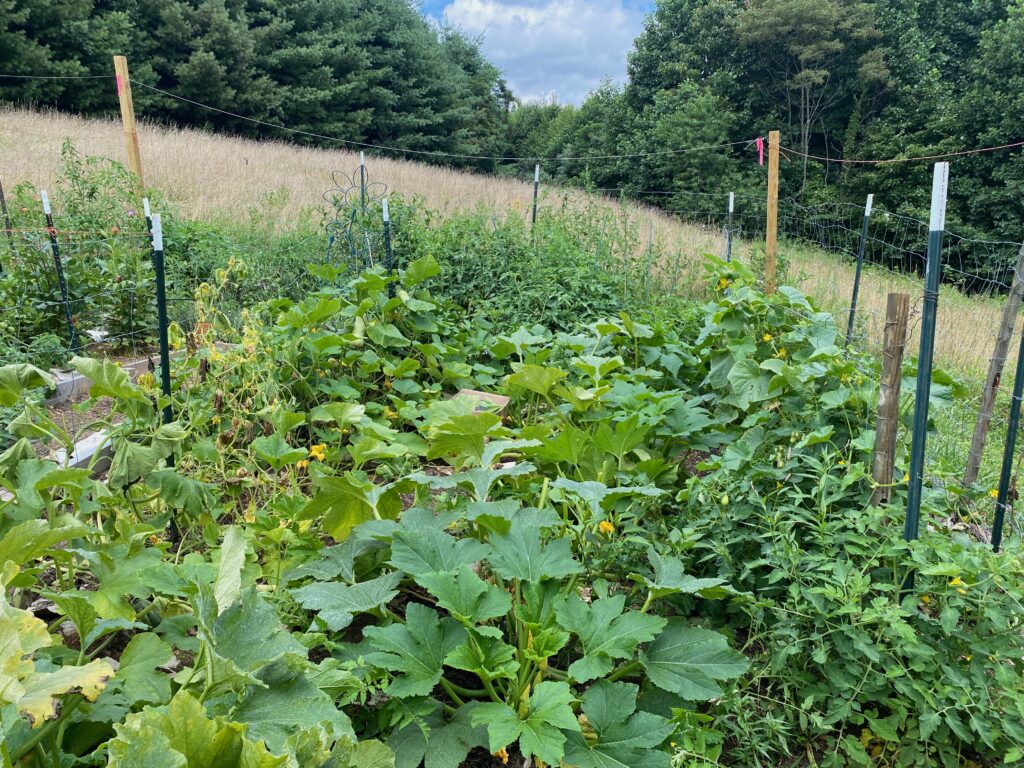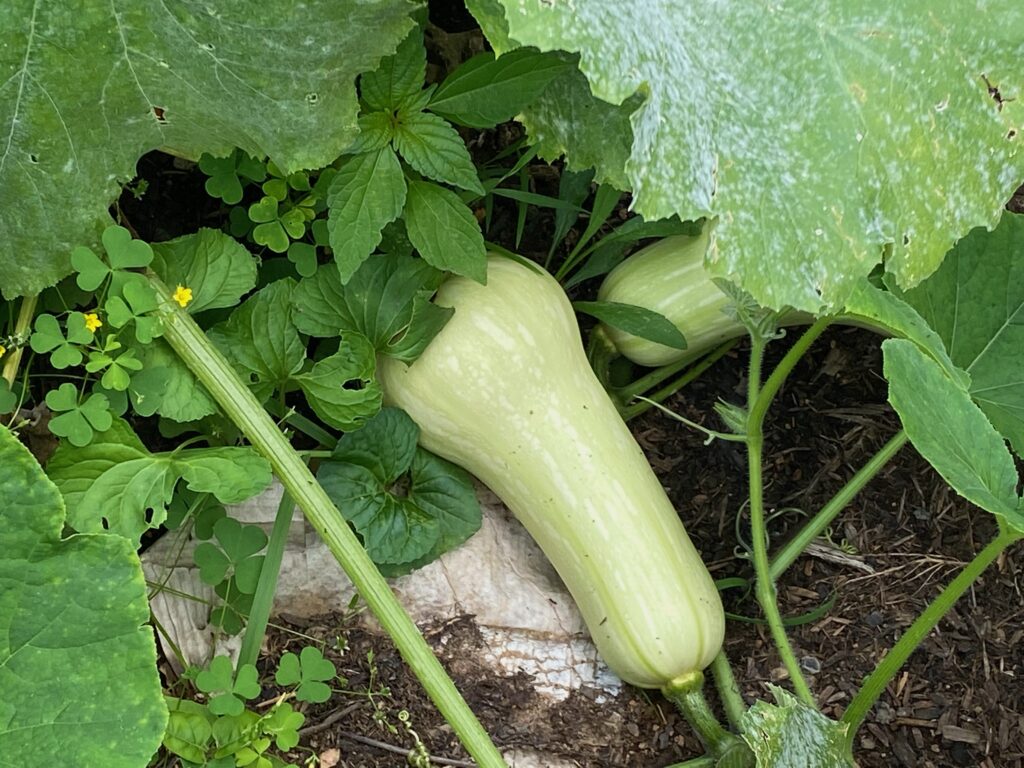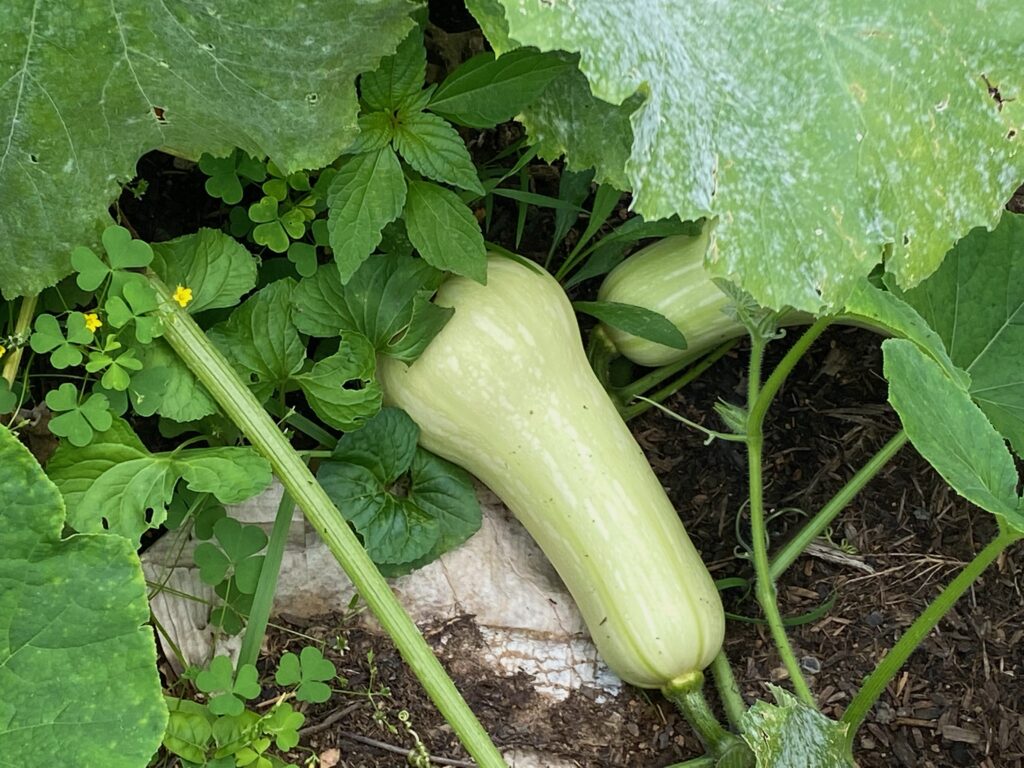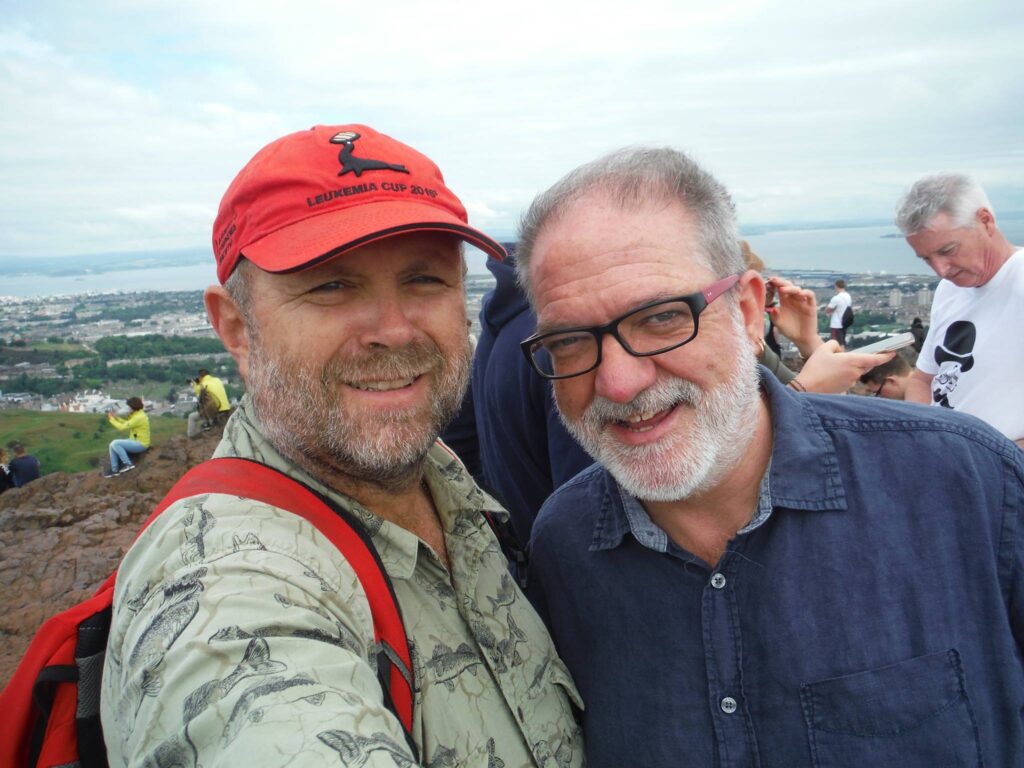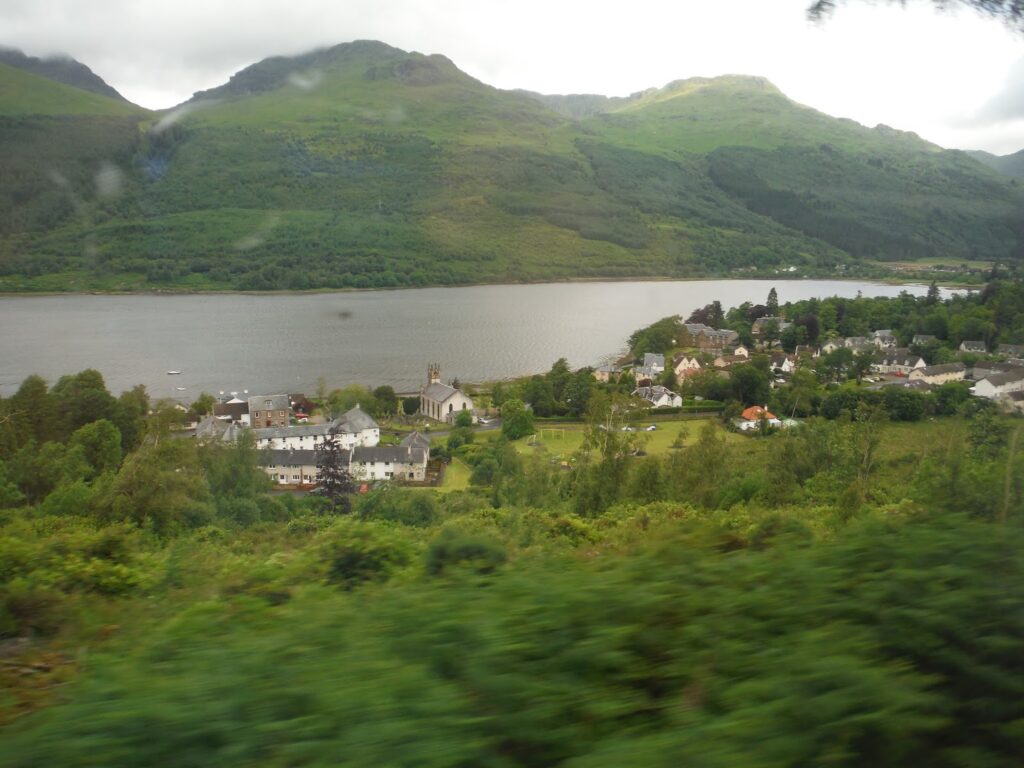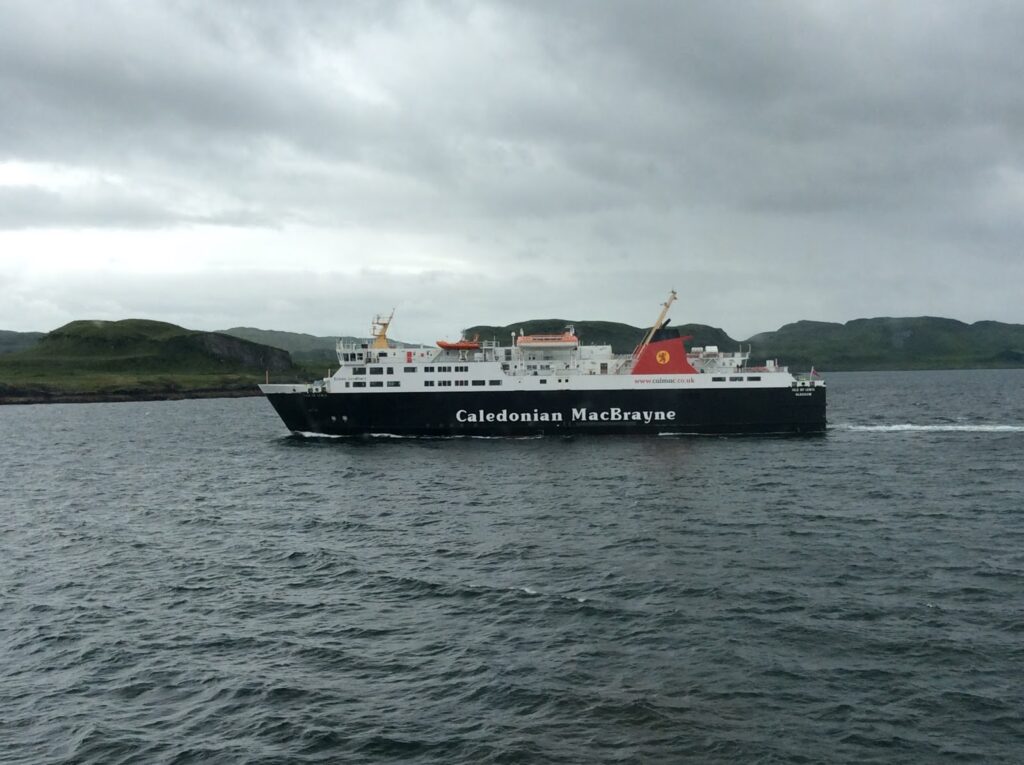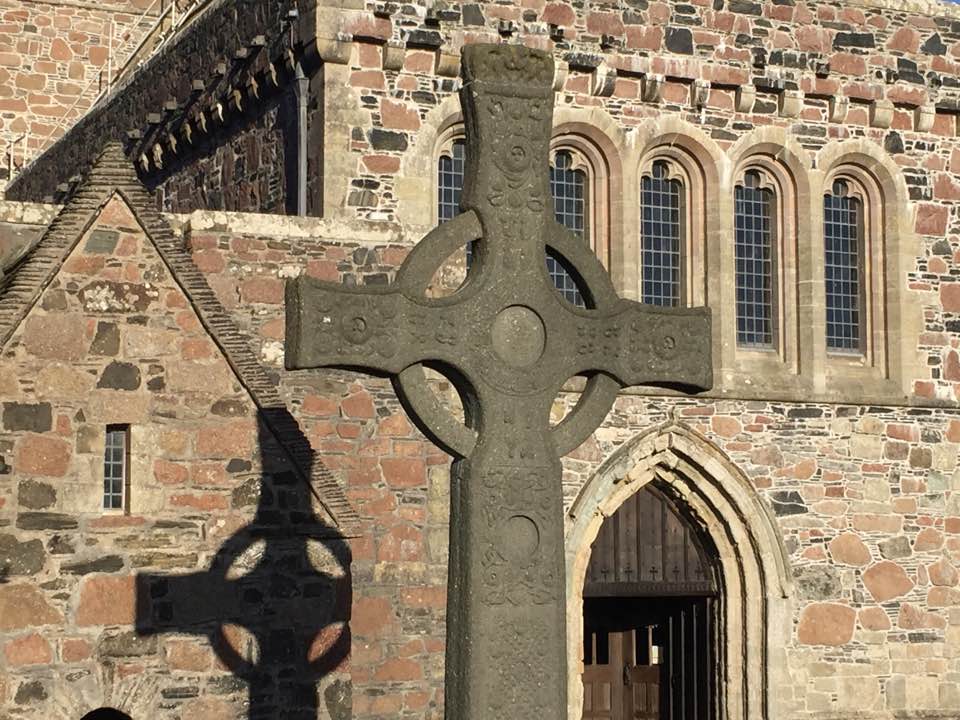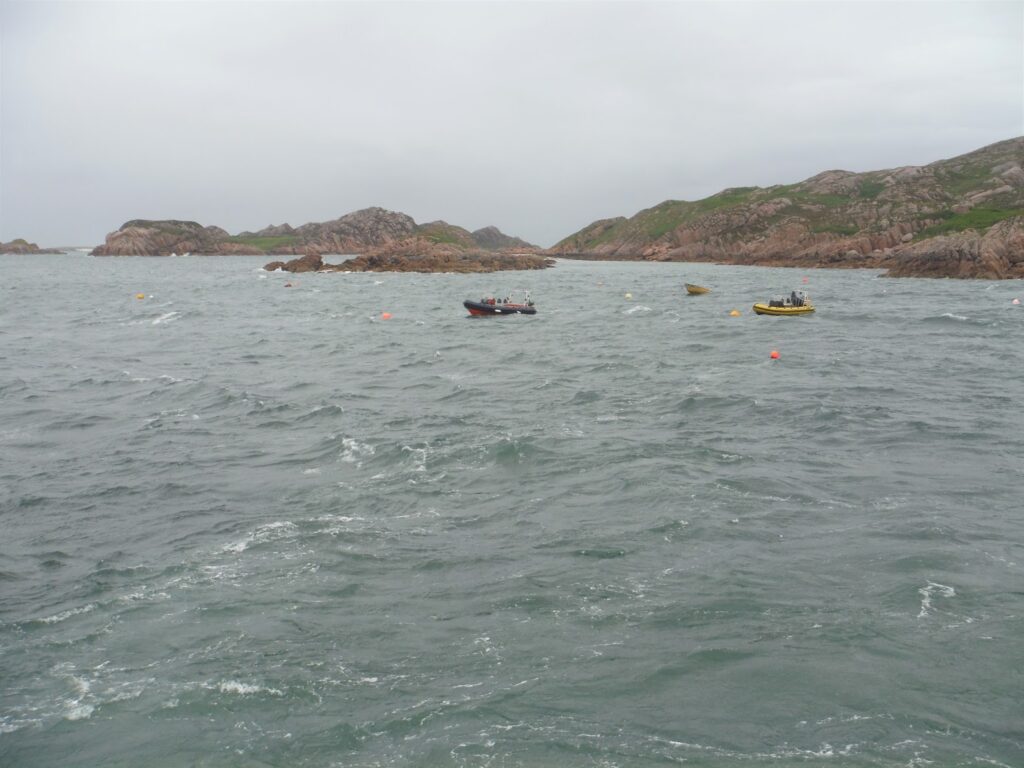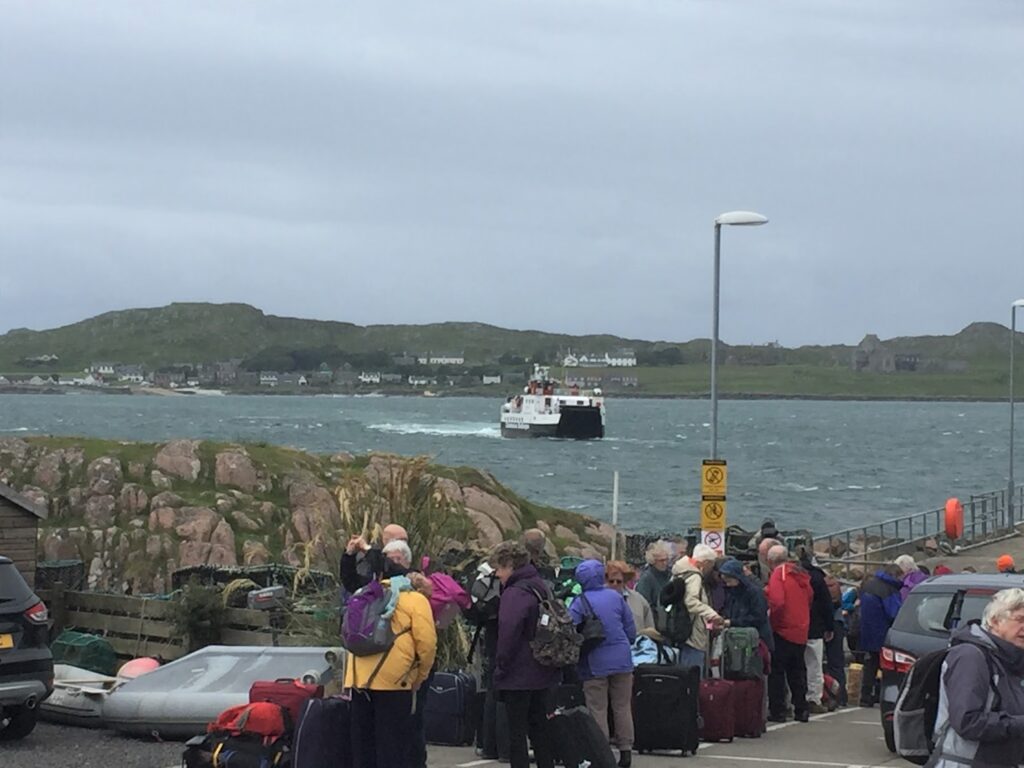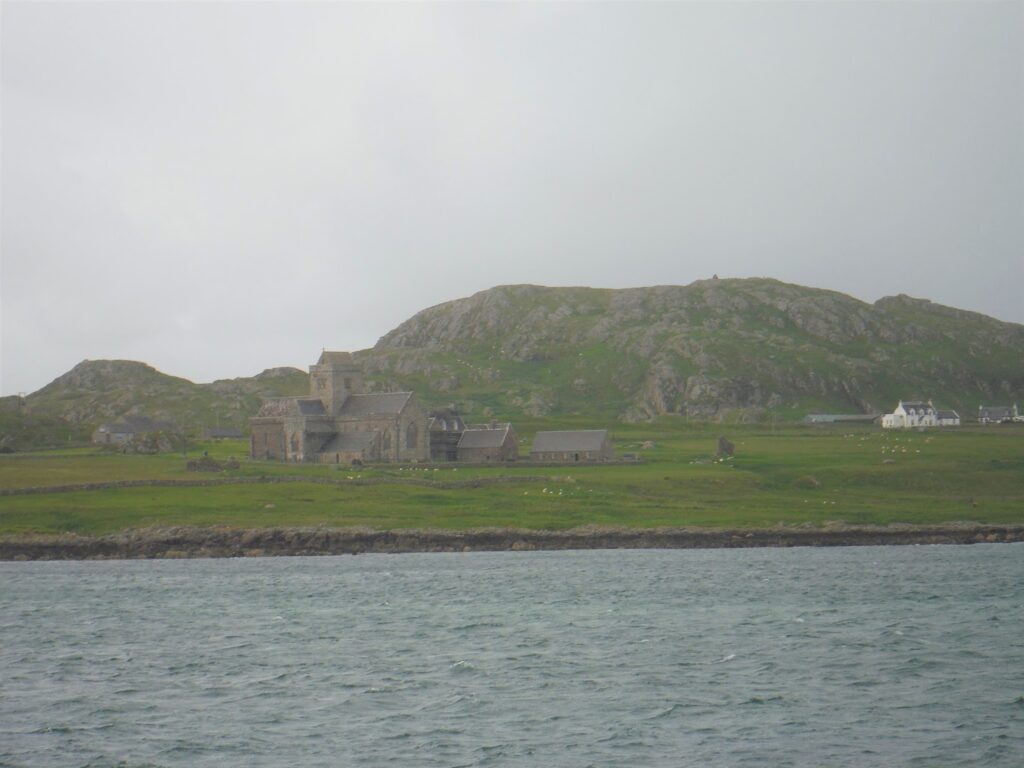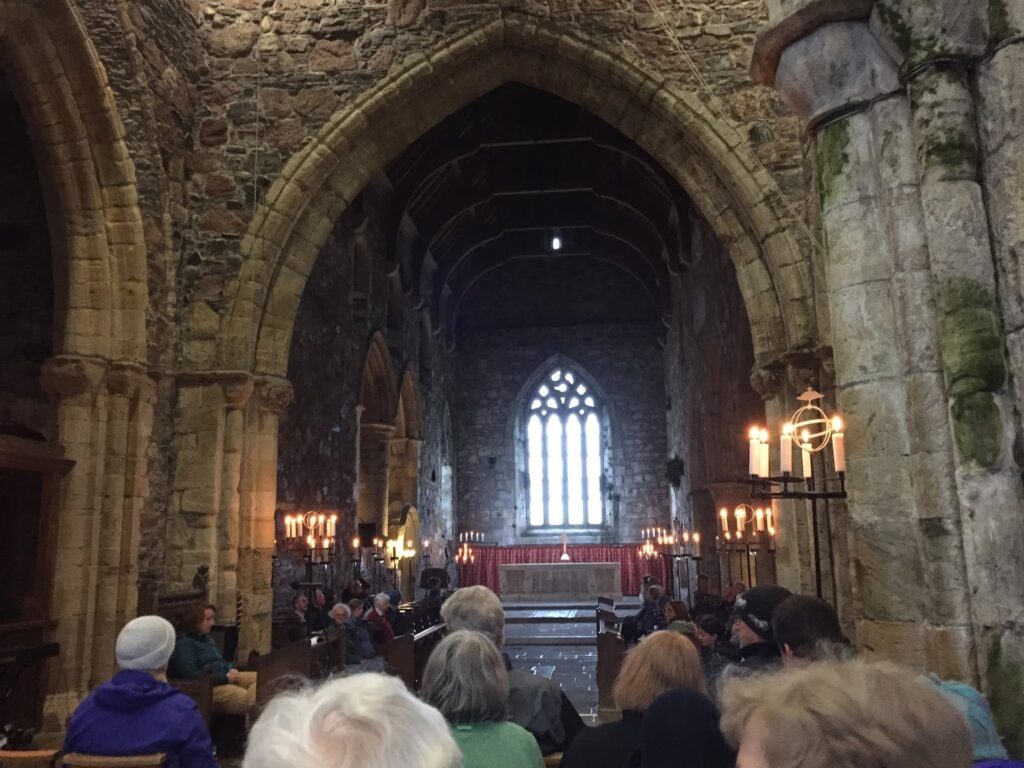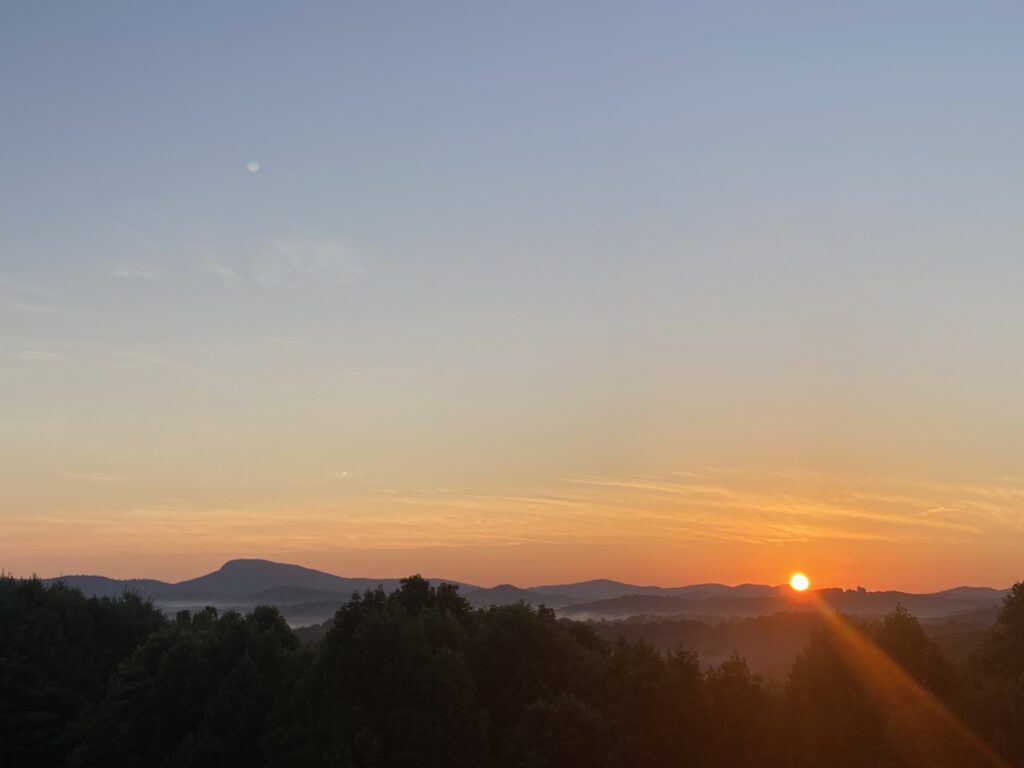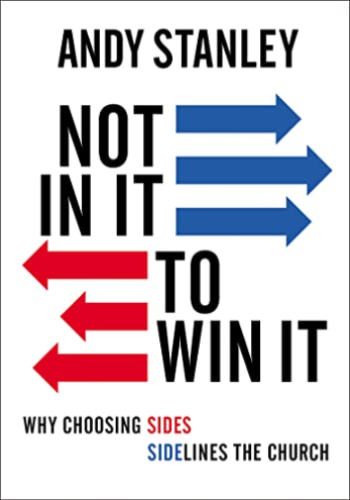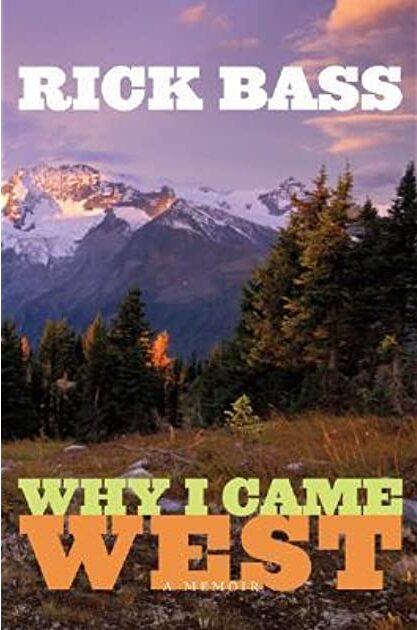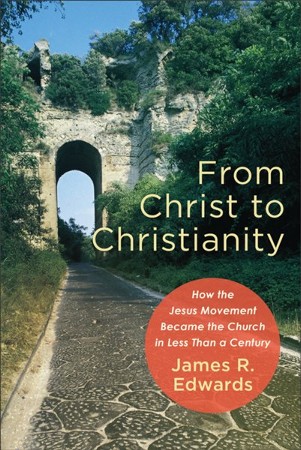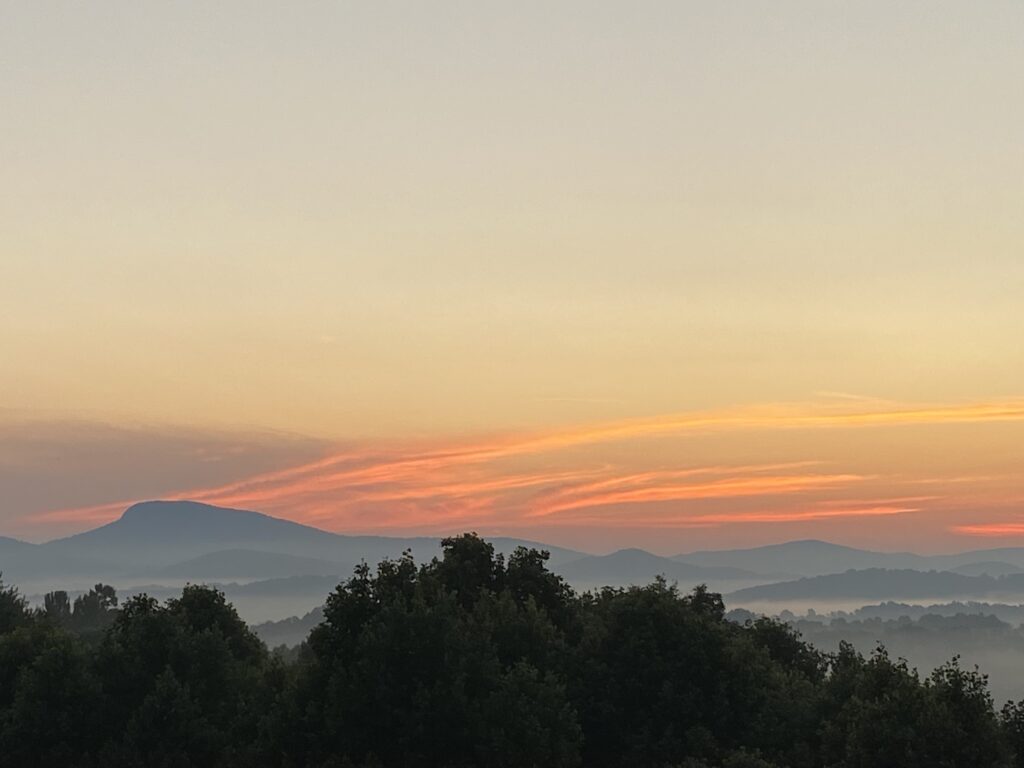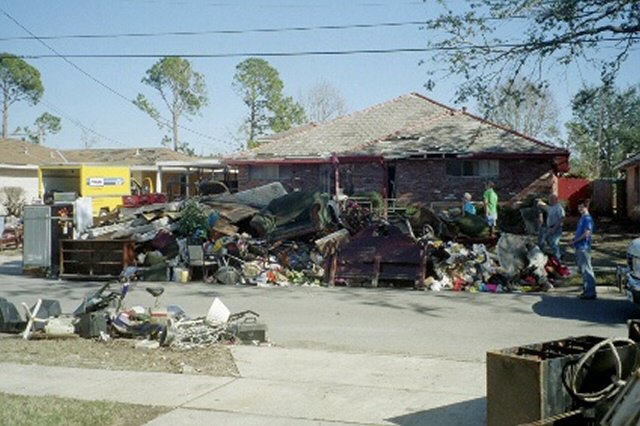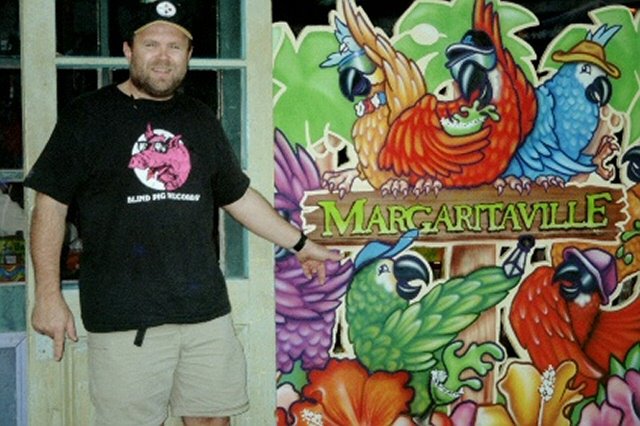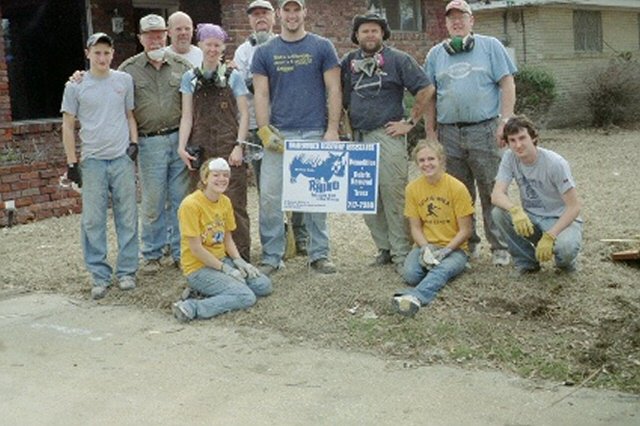Jeff Garrison
Bluemont & Mayberry Churches
August 14, 2022
Luke 9:28-36
At the beginning of worship:
What do you think of doubt? Do you think of it as the opposite of faith? Can doubt be a means God uses to draw us closer and help us trust more?
I recently read a book based on the later position. I’ve shared several quotes from the book, The Sin of Certainty by Peter Enns. Here’s another:
“When faith has no room for the benefit of doubt, then we are just left with religion, something that takes its place in our lives along with other things—like a job and a hobby. Doubt is God’s way of helping us not go there, though the road may be very hard and long.”[1]
If everything is certain there would be no need for faith. God wants us, first foremost, to trust in God’s Son and our Lord, Jesus Christ. We’ll talk about this today.
Before reading the scriptures:
Last week, we looked at Peter’s Confession followed by Jesus teaching his followers some hard truths about discipleship. A couple of things I hope you got out of the sermon. Discipleship must be grounded in prayer, and we must trust Jesus and be willing to give up everything for him.
Today, in our text, we see it’s about eight days after that encountered between Jesus and the disciples. Again, Jesus goes up on the mountain to pray. This time, he only takes his core leadership team: Peter, James, and John. And what happens up on that mountain is so bizarre the three disciples don’t tell anyone until later, after an even greater miracle, the resurrection.
Read Luke 9:28-36 in the Message translation
Was the Transfiguration for the disciples?
For whom was the Transfiguration, as this story is known, to benefit?[2] Was this event for the disciples? If so, why were nine missing? And besides, the three on the mountain missed most of it as they napped. This was like how they missed out on Jesus’ prayer in the garden just before his arrest.[3] Jesus wants them nearby, awake and praying, and they snore.
Our story begins with Jesus taking a few of the disciples up on the mountain to prayer. A wonderous thing happens. But the disciples can’t keep their eyes open. And when they fully wake, Peter makes a fool of himself. Poor Peter, he feels he must say something when there is nothing to be said. Instead, he should have looked on with awe and been pleased for the opportunity to witness such an event. We should learn from Peter’s bumbling that when we experience something wonderful, awe is an appropriate response. We don’t need to try to add to the experience.
Was the Transfiguration for Jesus?
Perhaps the Transfiguration was meant for Jesus. He’s heading down that long road toward Jerusalem. What’s going to happen weighs heavy on him. This event strengthens him, just as the angels ministered to Jesus in his prayer in the garden before his betrayal.[4]
But even if Jesus was the primary recipient of the benefits, it doesn’t mean this event was unimportant for the disciples. After all, we find the story in three of the four gospels.[5]
Perhaps this story should also remind us that even experiencing supernatural events does not guarantee one’s continually faithfulness. We know that Peter will go on to deny Jesus.[6]Again, as this passage shows us in the end, we ground our faith in Jesus Christ, not in what we do.
Keeping quiet about the event
We’re told the three disciples kept quiet about the event after it happened. In Matthew’s gospel, Jesus tells them not to say anything about it until after he’s been raised from the dead, but there it appears the disciples at the time didn’t understand Jesus. Instead, they go off on a tangent about Elijah.[7] In Luke’s gospel, we’re given no reason for the disciples to keep silent.
We could assume some things are best left unsaid. After all, the rest of the disciples would have no context to understand what happened up on the mountain. Discussing it might open the three to ridicule. So only much later, after the experience of the marvelous resurrection, do they share what had happened.
We have only the bare details
The text only provides us with bare details. Jesus becomes dazzling white and has a conversation with Elijah and Moses. Maybe the three disciples, seeing this, thought they were already having a dream as they nod off instead of listening in on the conversation. I know with me, sometimes when I am in the in-between state between being awake and asleep, I can dream and then wake up startled, unsure what’s real and what’s a dream.
Maybe they thought this was a dream, and it’s only when they are fully awake do they become aware of what’s happening. But before we go there, let’s consider the presence of Moses and Elijah.
Moses and Elijah
It is often assumed that Moses represents the law (even though Moses is also known as a prophet) and Elijah represents the prophets. Since we are not privy as to what was said between them and Jesus, this is only speculation. But it may be right. We’re only told the conversation had something to do with Jesus’ work in Jerusalem. Back in verse 21, Jesus revealed to the disciples his upcoming rejection by the elders and chief priests and scribes. The priests imply the rejection will take place in Jerusalem, for they worked at the temple there.
Did Moses and Elijah encourage Jesus as he made his final trek to Jerusalem? Maybe, it seems logical, but we cannot be certain.
Peter’s half-baked ideas
As the two men take their leave, Peter must have realized that this wasn’t a dream after all, He’s amazed, although we don’t know how he knew it was Moses and Elijah. Peter quickly jumps up and begins running his mouth. “It’s great for us all to be here,” he said. He offers to make three dwellings, so they can all sit around and enjoy this experience.
The word translated as memorials in the Message translation, or dwellings or booths in other translations, is the same as the word translated as “tabernacle.”[8] The tabernacle was a tent that served as a portable temple for the “holy of holies” during the Exodus. Does Peter see these three as divine? Probably not, but because of their presence, he knows the Almighty has something to do with their presence.
Luke makes sure his readers understand Peter’s suggestions were not thought out well. “He blurted it out without thinking,… while babbling on like this…” we read. Sometimes we just need to be content and stand in awe.
While Peter talks, God acts. Sending a cloud over the mountain, the mist envelopes everyone there.[9] God provides a heavenly tabernacle and suddenly they are all aware of God’s presence. Then, they hear a voice, the voice of God, speaking out of the cloud. “This is my Son, the Chosen! Listen to him.”
That voice must have rolled like thunder and lingered for a while. And when the voice was no longer heard, the three disciples find themselves in the presence of just Jesus. Everything is back to normal.
Focus on Jesus
While this experience may have been primarily for the human Jesus, to prepare him for Jerusalem, there is also a message for the disciples who were present (and for us). They and we are to listen to Jesus. Don’t be just holding on to the past, to the law and to the words of the prophets. Pay attention to Jesus, listen to him, learn from him. God works through Jesus to show us the way forward.
This event illustrations us what John’s gospel teaches. Jesus is God’s word.[10] Because of this, we are to trust and obey, follow and abide by him.
Our desire for certainty and control
I expect if we were present with Peter, James, and John, we wouldn’t have acted much different. Peter’s suggestion of erecting memorials was an attempt to hold on things. We like certainty and in that moment on the mountain, Peter had it.
There was Jesus and the two greatest Hebrew leaders in all their glory. Peter wants to enjoy their presence. He’s like Mary Magdalene after Jesus’ resurrection, grabbing on to Jesus. But Jesus told her not to hold on to him.[11]
We can’t control God
We can’t contain or control God. If we could, whatever it is that we are containing or controlling would not be divine. Instead, we trust, follow, listen and learn. That’s our calling as disciples. Amen.
[1] Peter Enns, The Sin of Certainty: Why God Desires Our Trust More Than Our ‘Correct’ Beliefs (New York: HarperOne, 2015), 172.
[2] The idea of the differences of the experiences between the Jesus and disciples comes from reading Chelsey Harmon’s commentary on the text: https://cepreaching.org/commentary/2022-02-21/luke-928-36-3/
[3] Luke 22:39-46.
[4] Luke 22:43-44. These verses do not appear in all ancient text, but they show an anguished Jesus as he faces what’s ahead.
[5] See Matthew 17:1-9 and Mark 9:2-8. Peter refers to the experience in 2 Peter 1:16-18.
[6] Luke 22:54-62. This story is told in all four of the gospels. See Matthew 25:69-75, Mark 14:66-72, and John 18:15-18, 25-27.
[7] Matthew 17:9-13
[8] James R. Edwards, The Gospel According to Luke (Grand Rapids: Eerdmans, 2015), 283-284.
[9] Edwards, 284-285
[10] John 1:1-5.
[11] John 20:17.
